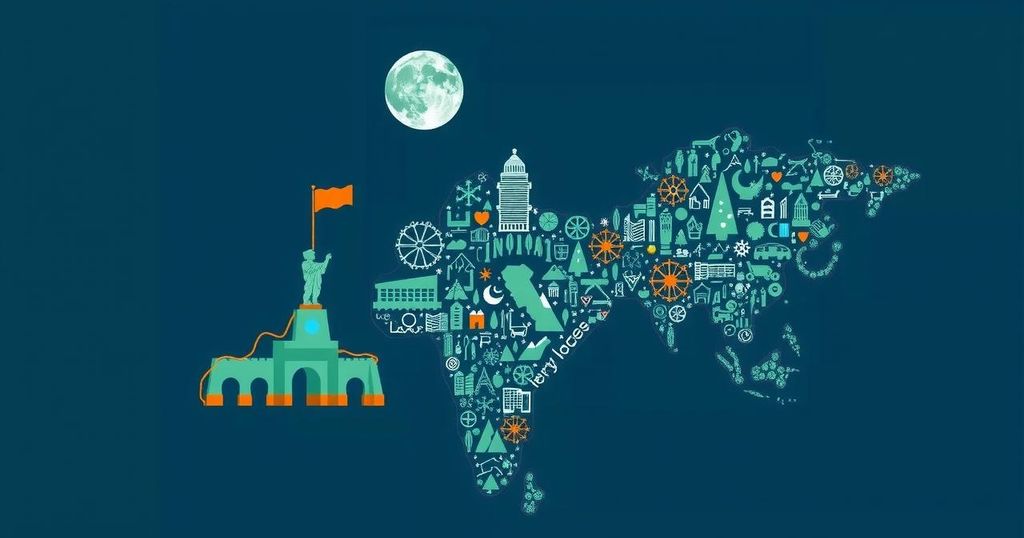India will participate in the ICJ hearings on December 5, contributing to discussions on state obligations regarding climate change. This hearing, which is the largest in ICJ history, involves 97 states and aims to guide future climate action. UN Secretary-General António Guterres emphasizes its significance for international accountability—especially for small island developing states and other climate-affected nations disappointed by recent climate finance commitments.
On December 5, India is set to engage in a public hearing conducted by the International Court of Justice (ICJ) concerning climate change obligations among states. This hearing is integral to the ICJ’s process of acquiring an advisory opinion on the responsibilities of governments regarding climate action. The hearings, which began December 2 and will conclude on December 13 in The Hague, Netherlands, are notably extensive, with participation from 97 states and 11 international organizations. So far, there have been 91 written statements and 62 responses submitted, establishing this case as the largest hearing in ICJ history.
The importance of these climate change hearings cannot be understated. According to UN Secretary-General António Guterres, the advisory opinion sought will empower the United Nations General Assembly and Member States to engage in more decisive climate initiatives in alignment with current environmental challenges. Additionally, it is expected to offer states guidance in their international relations and obligations towards their citizens.
The hearings hold particular significance for small island developing states, which have been the initial advocates for this advisory opinion. The timing coincides with growing dissatisfaction among developing nations, including India, regarding the climate finance provisions decided at COP29. The agreement promises $300 billion per year for climate action by 2035, a figure that falls significantly short of the developing countries’ collective call for $1.3 trillion annually in climate financing.
In response to climate challenges, countries with heightened climate consciousness, such as India, are enacting climate-focused legislation. The Supreme Court of India recently expanded the definition of fundamental rights to encompass protections against the adverse effects of climate change, signifying an evolving legal framework in support of climate justice.
This set of hearings transpires amid pressing climate crises, with small island nations and developing countries facing some of the harshest climate impacts. Their participation is pivotal as they hope for an actionable accountability framework rooted in international law. The ICJ’s opinions will delineate the legal responsibilities of participating states, despite these advisory opinions not being binding. However, they are recognized for their authoritative significance in navigating international law issues, as indicated by a report from UN News.
The upcoming ICJ hearings represent a pivotal moment in international climate negotiations, particularly in light of the inadequacies highlighted by developing nations regarding climate finance commitments. The hearings serve as a platform for these nations to assert their rights and responsibilities concerning climate change, seeking legal clarity that can influence global climate policies. With small island states, which face existential threats from climate change, leading the advocacy for this advisory opinion, the hearings are strategically aligned with contemporary climate challenges and legal accountability mechanisms.
India’s participation in the ICJ hearings is critical in advocating for strengthened climate commitments and accountability mechanisms among states. The legal opinions anticipated from these proceedings could shape future international environmental policies and enhance the proactive measures needed to combat climate change. As the global community grapples with these pressing challenges, the outcomes may serve to empower developing nations in their quest for fair climate finance and stronger international cooperation.
Original Source: www.outlookbusiness.com






